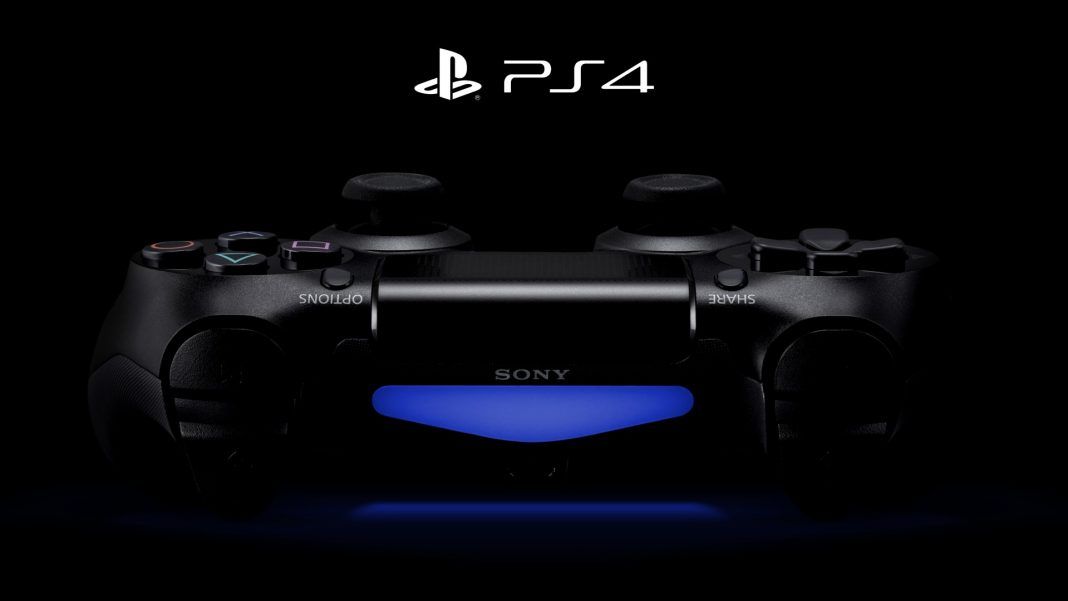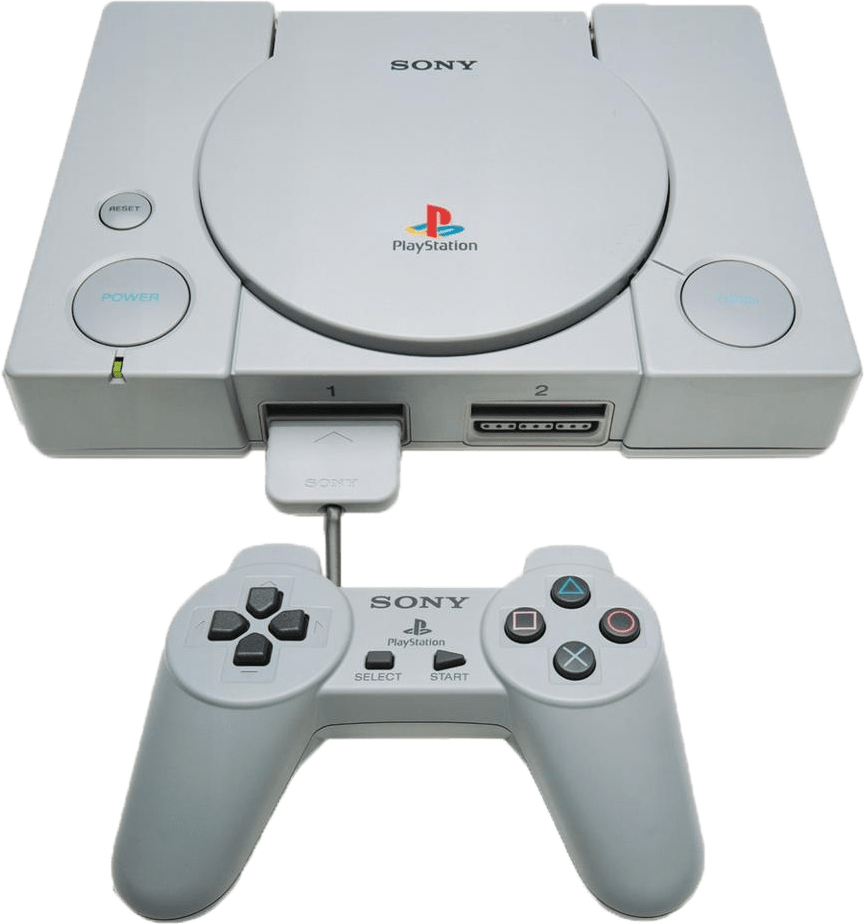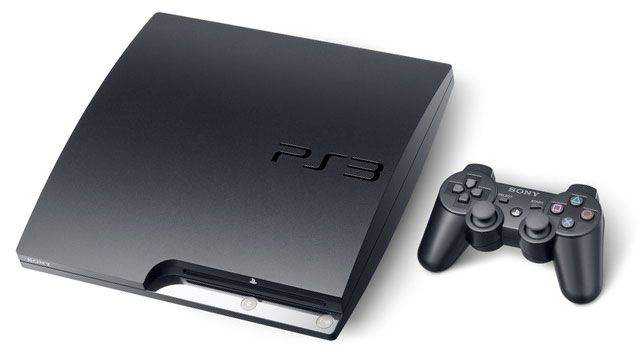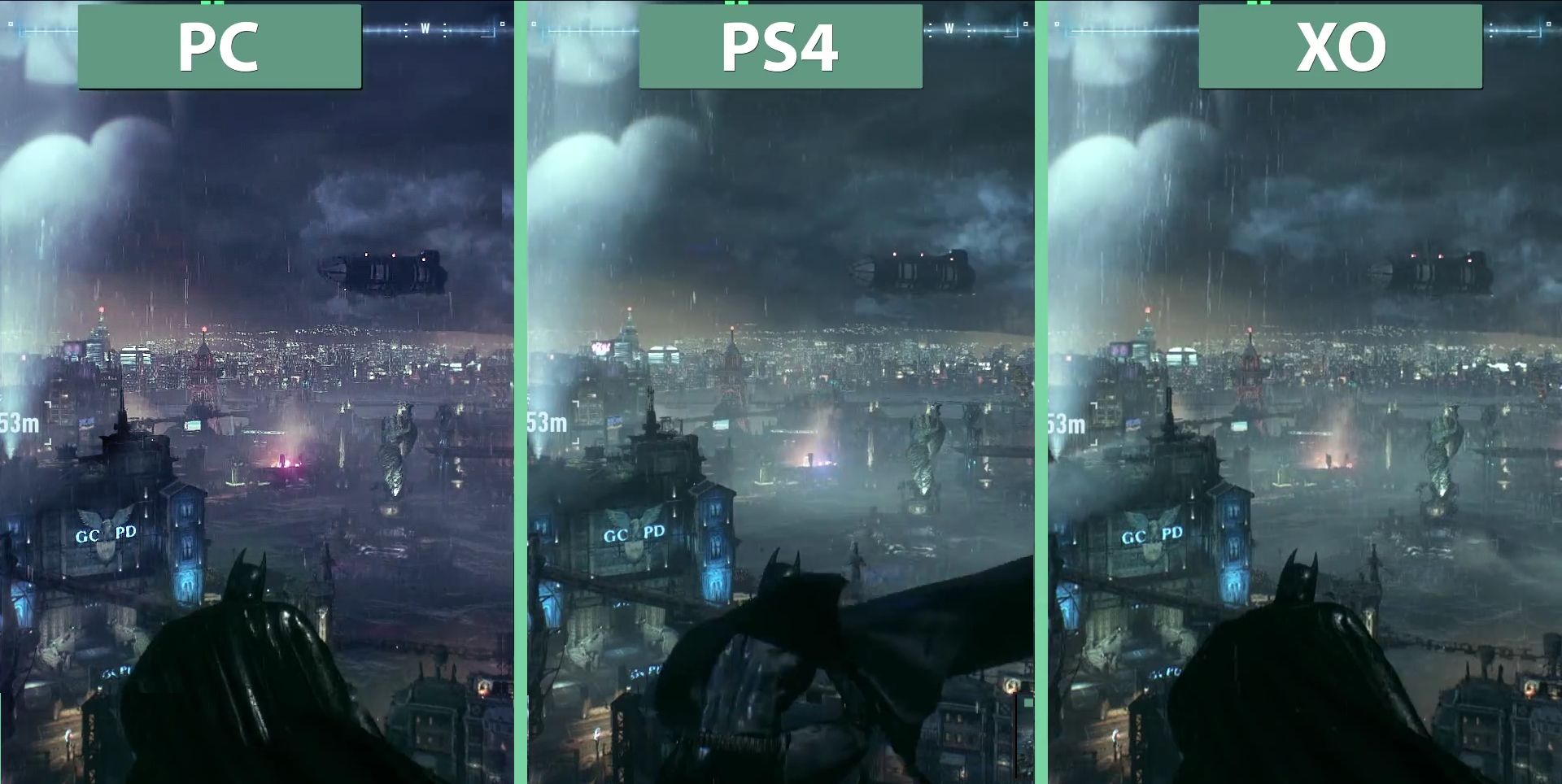

In the 90s, when Super Nintendo was the reference console, one of the strange alliances that sometimes occur in the business sector briefly united Sony and Nintendo, as we developed at Nintenderos.com
This ephemeral collaboration between the brands helped Sony begin to germinate, in a new emerging business model, its own brand. PLAYSTATION It was already a reality.
The first Playstation, Playstation 1, was launched in 1994 in the Japanese market and a year later in the American and European markets, immediately becoming a success due to brilliant management by Sony: The console incorporated a CD reader for games, forgetting about cartridges, a fact that made it possible to lower the cost of video game production, and therefore, reduce risks for developers. It also changed the business model, selling the consoles below the production cost hoping to recover the investment in software sales.


This strategy has proven to be masterful over time. They got the big developers interested in creating games on the Playstation 1, since it had a lower development cost and with a lower risk, and on top of that on a platform that cost much less, which was a great attraction for the public. Faced with a platform that cost $100 less than the competition and with a large catalogue, it immediately became a great sales success and began to stand out with completely new games, such as GRAN TURISMO, METAL GEAR or FINAL FANTASY.
This translated into more than 100 million Playstation 1s sold and one of the best catalogs that a console has ever had. They dethroned Nintendo as the leading video game company and destroyed Sega (who would have imagined it in the 90s…)
After the success of Playstation 1, the natural step that every company would have taken would be to launch Playstation 2, and that is what Sony did, first in Japan (2000) and then in the rest of the world.


Just by carrying the name Playstation Sony guaranteed a few million consoles, in fact more than a million consoles were sold in Japan on the first day, but they reached more than 150 million and this figure was not a coincidence. If they had done well with Playstation 1, with Playstation 2 it was amazing.
They overwhelmed the competition in sales, Nintendo with Gamecube and a new player, Microsoft with its XBOX. Playstation was not the most powerful console, but it did offer new features, the games were in the new DVD format, so Playstation 2 was no longer just a console, it became the first multimedia center, capable of playing movies in the new format. that replaced VHS.
To reach the figure of 150 million consoles sold, it continued releasing games for PS2 until 2013 (more than 12 years of life) and had the support of all third-parties. Having the largest catalog of video games, and a great series of exclusives, made PS2 was, and continues to be for many, the best console in history:
Everything was perfect in the Playstation universe, but the years go by and it was time to release a new console. The natural step? Playstation 3
It seemed that with this new console the formula was simple, create the most powerful machine that was also a great multimedia center taking advantage of the opportunities that the Internet offered and continue calling it Playstation. This is how sales success and end-user satisfaction should follow. But then things started to not go as Sony expected.


And it all started with a matter of industrial picaresque. Sony was clear that it wanted to develop a very powerful chip for Playstation 3, so in 2001 it commissioned IBM to develop Cell, the new PS3 processor, and gave it a deadline of about 5 years. In turn, in 2002, a year after Sony, Microsoft reached an agreement with IBM to develop the processor that would carry its new XBOX ONE console. The same company independently developing the chip for two consoles? Without information transfers? You guessed it. Playstation and XBOX ended up having a very similar processor, all because Sony allowed Cell to be developed for third parties, but never thought Microsoft would come into play. Result: The two consoles were “almost” clones in terms of processor.
With this, in 2005 XBOX 360 was launched, a very powerful machine, with a large number of exclusives, and becoming the first major multimedia center.
Sony introduced PS3 in 2006. A year late compared to XBOX 360, whose only competitive advantage was to incorporate BluRay as standard, a fact that caused a delay in the launch of a year, as well as an extra cost. Furthermore, this advantage for the user did not justify the price difference compared to its competitor for a console that was almost “twin”.
For its part, Nintendo presented Wii, a much more modest machine in terms of features, but with a new game mode that attracted the hardcore gamer (who ended up repudiating not only the console but what Nintendo had become) and also, and Here came the blow, to another type of public, which ended up being called “casual” and provided a very notable economic injection, a piece of cake that everyone would want, from then on, to take a bite of.
Faced with this scenario, the Playstation brand was threatened for the first time since its birth. The exclusives were no longer so exclusive, temporary exclusivities appeared (with few exceptions). The emergence of the Wii made Sony also want to take advantage of this new market, presenting cloned solutions from Nintendo, but without its success, such as Playstation Move, and games full of bugs and patches made the PS3 begin the decline of the Playstation brand. .


With all this, the new console, PS4, was presented in 2013. The console was an overwhelming sales success. Its competitor Wii U turned out to be a rehash of the underpowered Wii, and XBOX ONE initially became a sales failure, due to its high cost of carrying Kinect. It seemed that Playstation was going to recover the magic of PS1 and PS2, but there are factors that it has to overcome to achieve it. The most criticized are:
- Lack of catalog. PS4 has a really scarce catalog for what a new generation console with two years on the market deserves.
- Lack of power. Compared to any PC, the PS4 loses by a huge margin. When the games are released, they have a much lower graphic quality than when they are presented at macro events such as E3
- Games with many bugs
- DLC everywhere…


Sony has started to get its act together by lowering the price of PS4 and launching some exclusive games, but there is a long way to go if it wants to recover the position it deservedly occupied with PS1 and PS2, and even more so now that XBOX ONE has gotten rid of KINECT and is standing up.
‘PlayStation VR Worlds’ announced for PlayStation VR
World of Horror finally leaves Early Access, also arriving on Playstation and Switch
System Shock 2: Enhanced Edition will have versions for Playstation 5 and Xbox Series X/S
The January sales have already arrived at the PlayStation Store
PlayStation 4 officially reduced to 299.99 euros
Sony announces PlayStation Plus games for January
PlayStation 4, the best-selling console in 2015 by Amazon
PlayStation Network is experiencing problems
More than 40 PS3 exclusives join PlayStation Now today
‘PlayStation Music’ reaches 11 million downloads
PlayStation was the platform with the most visits to ___hub in 2015
Compensation for the fall of ‘Playstation Network’ just around the corner.
Our Top-3 PlayStation 4 games in 2015
Kojima could be thinking about PlayStation VR for his next project
‘Hard Reset: Redux’ announced for PlayStation 4
‘Conan Exiles’ announced for PlayStation 4
PlayStation Network is out of service again
One of the PlayStation VITA prototypes comes to light
‘DIRT Rally’ is shown on video, in its version for PlayStation 4







































